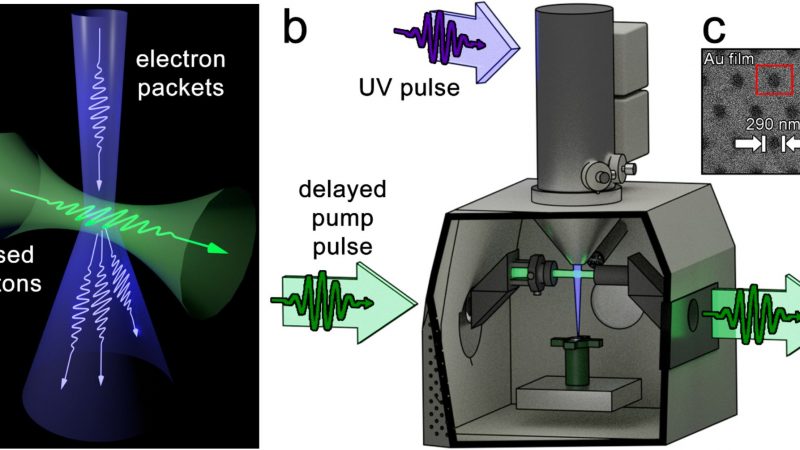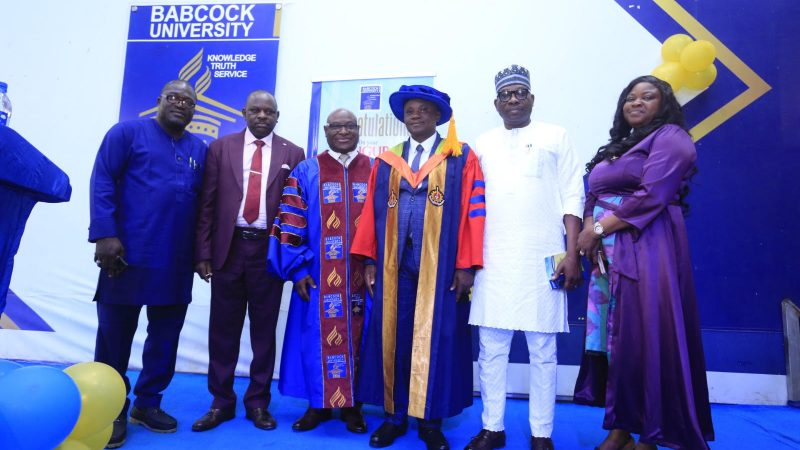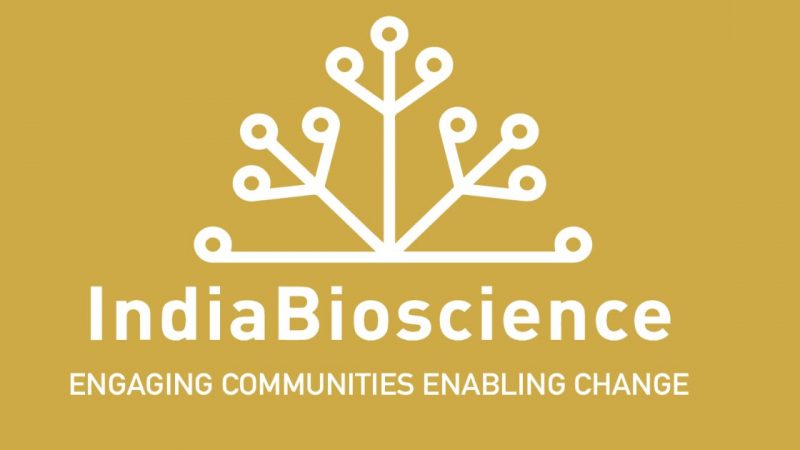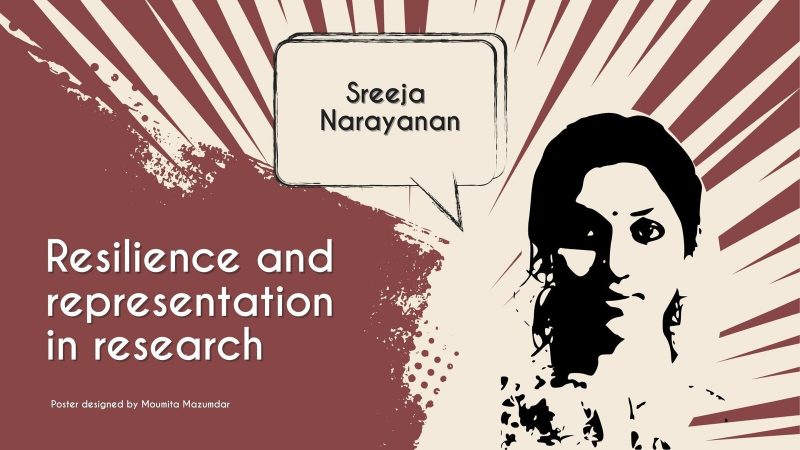Major Makeover For NZ Science System – Expert Reaction

The system that supports our researchers and innovators
is set for an overhaul, with the release of the “Te Ara
Paerangi – Future Pathways” white paper.
The
blueprint will reshape Aotearoa’s research, science and
innovation landscape to better fit the future, including a
funding boost and a roadmap to put the reforms in place. The
future system is tasked with giving effect to Te Tiriti o
Waitangi, being more adaptable and connected, and better
reflecting the country’s unique context and diverse
population.
The SMC asked experts to
comment.
Professor Shaun Hendy, Chief Science Officer,
Toha Science, comments:
“Back in late 2020, a
journalist from the international science magazine
Nature told me how incredibly impressed he was with
the way we were using science in our COVID-19 response. He
said that our approach in using genomics to manage COVID
outbreaks sounded like “science fiction”.
“If
the pandemic showcased the best of our RSI system, it also
revealed areas of real weakness. Its complexity and lack of
direction, its poor responsiveness to Māori, and the
precarity of early-career researchers all had a detrimental
impact on our pandemic response. This was sometimes evident
to the public, but more often than not gaps were papered
over by goodwill and number eight wire before they caused
catastrophe.
“The Future Pathways white paper has
done a thorough job of surfacing many of these issues
through its lengthy consultation process. It is hard to
disagree with the case it makes for change and, although the
paper is very high-level, it signals a positive new
direction for the RSI system. Some of the devil will be in
the details to follow, but the ambition is evident: if the
government can follow through with the funding to support
the many new initiatives foreshadowed in the paper then it
could be transformative.
“One of the most
challenging proposals in the document is in the setting of
national research priorities. The establishment of the
National Science Challenges was the closest exercise the RSI
system has run in recent times, and the process somehow
managed to bury climate change and outright exclude
infectious disease. I think that shows the risks of a
process that focuses on near term political agendas and
privileges the views of a select group of senior
researchers. The conversation will need to be much more
inclusive and future-focussed. And the key to getting buy-in
from the sector for any new research priorities will be to
put new money on the table rather than rearranging already
stretched existing funds.”
No conflict of
interest declared.
Dr Tara McAllister (Te Aitanga
a Māhaki) Research Fellow at Victoria University of
Wellington, comments:
“I am cautiously optimistic
about the new directions for reform of our Research,
Science, and Innovation (RSI) sector outlined in the Future
Pathways White Paper. The inclusion of “Embedding Te
Tiriti” as one of the four reform objectives presents a
positive shift, but I am concerned about how this will be
implemented and actioned. As this objective is set to start
in 2023, it would have been helpful to know how it will be
actualised. I am concerned that the work required to embed
Te Tiriti in our research sector will fall on the shoulders
of already overworked and underpaid Māori researchers. I
also hope embedding Te Tiriti will not be limited to certain
portions of this reform – but will instead be
appropriately centred in every single part.
“I am
excited to see the (re)introduction of Māori and Pacific
fellowships and the expansion of the number of early- to
mid-career fellowships. Whilst these fellowships are much
needed, they will not address the overwhelming precarity in
our RSI sector. With only 45% of researchers employed in
tertiary education having permanent contracts, we need wider
sector shifts to incentivise organisations to reduce
precarity.
“There are some positive shifts in the
RSI funding system proposed, including a new dedicated fund
for Māori and Mātauranga Māori. The creation of this fund
is a step in the right direction, but Te Tiriti will also
need to be embedded across all existing and future RSI
funding activities. Māori research has been significantly
underfunded by the RSI system so I hope that the size of
this new dedicated fund will begin to address that. Funding
Māori-led research will undoubtedly have many positive
impacts but this in isolation will not fix the
underrepresentation of Māori. This will require significant
shifts in our research sector, including the dismantling of
institutional structures which function to marginalise
Māori people and knowledge.
“In 2023, MBIE will be
releasing an RSI Te Tiriti o Waitangi statement. I agree
that this is a good first step, but it must be followed by
action. There has been a proliferation of equity, diversity,
and inclusion policies at many of our research organisations
(including MBIE who released a Diversity in Science
Statement in 2018) but the impact of many of these policies
has been negligible. I am hoping there will be action,
funding, and assessment tied to this
statement.
“There are a few key omissions in this
white paper. The role of PhD students in our RSI system was
one of them. We know that PhD students make up a significant
proportion of the research sector and are doing a
significant amount of work, yet we are limiting who can do
PhDs through extremely low PhD scholarships. There is also a
clear gap in the proposed changes to the RSI funding system
for Pacific-led research. Pacific researchers are
significantly underserved in the current funding landscape
so the lack of dedicated research funding for Pacific
researchers is disappointing. It is important that we
consider diversity beyond women, as there are many other
marginalised groups of people in our sector (including
people who exist beyond colonial gender binaries and people
with disabilities), which is not thoroughly reflected in the
white paper. Lastly, there was no mention of addressing
racism in the RSI sector, and little mention of how these
reforms will allow for rangatiratanga.”
No
conflict of interest.
Dr Sereana Naepi, Rutherford
Discovery Fellow, Sociology, University of Auckland |
Waipapa Taumata Rou, comments:
“This is an ambitious
rethink of the sector that reflects our sector’s key
challenges according to the MBIE Workforce survey. It is
clear that a major shift is necessary given high levels of
precarity, inequity and underinvestment. The four pillars
for change are a hopeful beginning step for a research and
innovation sector that creates brighter futures for Aotearoa
New Zealand. I challenge our sector to not only deliver on
this vision but push it further.
“It is heartening
to see the commitment to stable workforce development,
particularly as a first step priority. However, these
initial steps need to be followed up with a whole-of-career
outline, New Zealand invests in our research sector
qualifications and ideally we would create a system that
retains and rewards researchers for their commitment and
work. Missing from this conversation is the role of PhD
students and their contribution to the system, particularly
as a precarious workforce.
“The establishing of
national priorities is an exciting moment for our sector to
create spaces for collaboration and development with clear
equity drivers. Particularly exciting is that Māori
priorities are viewed across the priorities instead of boxed
off and limited to a single priority. If we are going to
have a Te Tiriti-embedded research sector then there will
need to be major shifts in our current funding streams to
reflect this commitment.
“The call for an
all-of-government approach to Pacific research and Pacific
excellence is overdue and an urgent priority if we are going
to meet our commitments to the Pacific community and enable
Pacific peoples to thrive and contribute to the sector and
New Zealand with our significant skill base. The possibility
of a national research space for Pacific peoples is the
first step towards this, and needs to be more than a
possibility but instead a firm commitment.
“The
implementation roadmap has key moments but we also need key
measurements for progress to ensure that progress is made.
Ideally, these next steps will ensure that our future sector
will be anti-racist, anti-ableism, and inclusive of all
genders as it strives to serve all of
Aotearoa.”
Conflict of interest statement:
“Member of the Working Group and RSNZ Early Career
Research Forum I am not commenting on behalf of either of
these groups.”
Professor Nicola Gaston,
Co-Director, The MacDiarmid Institute for Advanced Materials
and Nanotechnology, comments:
“The Te Ara Paerangi
white paper gets some things very right. We might call these
the known knowns: that our Research, Science and Innovation
(RSI) system is too small, and mechanisms to increase
collaboration and critical mass are immensely important to
New Zealand researchers. That to drive necessary system
growth, government investment needs to increase to the
longstanding target of the OECD average of about 2% of GDP
– that we MUST start bridging this gap.
“The need
for government investment, and consequently our innovation
efforts to diversify beyond traditional areas such as
agriculture – not to replace them, but to complement them
and share some of the overall economic load – this has
been known for many years, as many readers of Sir Paul
Callaghan’s Wool to Weta book will
remember.
“Further motivations for changing the
system are identified as the need for clear direction and
integration of research efforts, higher investment in Māori
research (done by and for Māori), and the pressures
currently being felt by the research workforce. These may be
more opaque problems to some, but are certainly clear to
those of us familiar with New Zealand research systems: the
case for change is clear.
“When it comes to the
proposed system reforms however, we are into the realm of
the well-known unknowns. The key uncertainty as I see it,
having seen the National Science Challenges set up a decade
ago, is what the suggested National Research Priorities will
be, and how they will be chosen. The case being made now, on
the basis that our system is too small and we need to find
areas of focus, is similar to the case that was made then.
Interestingly, however, they are here being linked to the
need to move from areas of traditional strength to research
areas that will support future wellbeing and prosperity.
They also seem to be being linked to the need to have a
research system that delivers proportionately for Māori
communities. These two messages make me view the idea of
priorities positively, but I do think caution is still
needed in setting these up so that they deliver on exactly
these objectives.
“One thing that looks different
from when the National Science Challenges were brought in is
the level of emphasis on the research workforce, with
precarity being singled out as a specific problem and
fellowships being mooted as a key part of the solution, and
specific mention of diversity as an objective that
fellowships are uniquely suited to address. As someone who
was brought back to Aotearoa from a career overseas by our
national postdoctoral fellowship scheme in 2007, which was
cut only a few years later leaving a massive hole in our
careers pathways, I am fully in favour of this approach and
I really look forward to seeing more detail on the use of
fellowships to build both capability and the system capacity
to absorb additional RSI funding. As noted by Sean Simpson,
Lanzatech founder in today’s NZ Herald, a key reason that
Lanzatech moved overseas was the challenge of securing
enough talent. This is something that we have been working
to change in Aotearoa for many years, and postdoctoral
fellowships are one of the remaining missing pieces of the
puzzle.
“I won’t dwell on the unknown unknowns
other than to say that they are real, and that to address
them the system needs to monitor itself and be accountable
for its effectiveness. The incentives that operate within
our science system are not all able to be moderated by our
government as many are set by the international community,
for example. As a consequence, the value of RSI-sector
expertise needs to be taken seriously within MBIE and the
expertise of researchers needs to be part of decision making
– the consultation behind this Te Ara Paerangi white paper
seems a good start, but must be followed through
on.
“In summary: I am strongly supportive of the
proposed direction of change. The challenge will be
implementation, and I would strongly urge policy-makers to
stay open to RSI community critique as the processes are put
in place: it matters that we get this right for Aotearoa. A
competing challenge is that of the timeline on which change
needs to be made, and I would urge the Minister to
prioritise investment in people – fellowship schemes, for
example – that can help us scale up the system towards the
necessary 2% of GDP in a relatively flexible way in the
short-term, knowing that the system-wide change is coming
and that talented people will be ready to make the most of
the enhanced opportunities that this roadmap aspires to
provide.”
Conflict of interest statement: I
receive government research funding from the TEC, as funder
of the Centres of Research Excellence, and the Royal Society
Te Apārangi, through the Marsden Fund.
Dr Aisling
Rayne, Te Pūnaha Matatini and Cawthron Institute; Professor
Tammy Steeves, Te Pūnaha Matatini and University of
Canterbury, comment:
“Te Ara Paerangi signals a need
for bold and transformative change in the way that we do
research, science and innovation (RSI). The current RSI
system has been built to promote hypercompetition and
individualism, and has marginalised many, especially women,
Māori, Pacific peoples and those from intersectional
communities. The White Paper also promises that people
within the RSI system will be supported through the reforms,
but there is no clear accountability for facilitating
effective and just transitions, nor strategies to identify
and address perverse outcomes.
“We are pleased to
see an emphasis on equity and a wellbeing approach that
draws from He Ara Waiora and its four principles
(kotahitanga, tikanga, manaakitanga and
whanaungatanga).
“We renew the call for an
independent professional board for all researchers that
upholds tikanga and ethical behaviour in research spaces
(see for example, the NZ Medical Council or Psychologists
Board), and to which all researchers are required to belong
in order to practice, to create a safe and thriving research
system. Currently, there is no clear direction for
institutions to lead with values-centred approaches that
uphold ethical behaviour.
“Te Ara Paerangi White
Paper’s four focus areas promise a more people-centred and
agile RSI system. The introduction of stable funding is a
critical step toward these important objectives. However, it
remains unclear whether the reforms will build trust and
patience into the RSI system, for example, by extending
funding timelines and reinvesting in community-based
research partnerships. We also ask whether and how the
reforms will build public trust in the RSI system,
particularly where it has been most eroded.
“The
White Paper focuses on levers within a narrowly defined RSI
system, but we question whether the proposed reforms will be
genuinely transformational without aligned efforts to
address the wider RSI system—particularly primary and
secondary education, universities, Te Pūkenga and
wānanga.
“We are disappointed by the lack of
attention to intersectionality—for example, explicit
consideration of the barriers faced by members of LGBTQIA+
communities, disabled people, women, especially Māori and
Pacific women—in the White Paper, and in the recent RSI
workforce survey.
“Growing and supporting narratives
of people from diverse backgrounds belonging in the research
community will be crucial for the future success of
research, science and innovation in Aotearoa New
Zealand.”
Conflict of interest statement: Dr
Aisling Rayne and Professor Tammy Steeves are leaders in the
Kindness in Science project funded by Te Pūnaha
Matatini.
Volker Kuntzsch, Chief Executive of
Cawthron Institute, comments:
“Cawthron Institute is
pleased to see the white paper set new aspirations for
Aotearoa New Zealand’s research, science and innovation
system. We are strongly supportive of some of the changes
that are proposed – in particular greater investment in
research, science and innovation, the development of an RSI
Te Tiriti o Waitangi Statement, and a move to mission-led
science that directs resource towards research that will
achieve the broadest social, cultural, environmental and
economic benefits. Given the urgent nature of the challenges
facing society, we support research priorities that quickly
redirect resource towards excellent and impactful
science.
“However, the devil is in the detail: how
these aspirations will be achieved is almost as important as
the aspirations themselves. As New Zealand’s largest
independent science organisation, Cawthron Institute is
eager to see independent research organisations play a
significant role in helping to set national research
priorities. Ideally, we would like to see an independent and
diverse body tasked with setting our national research
priorities, including experts and people from all walks of
life, across all demographics. In particular, we want to see
independent Māori research organisations empowered to take
a leadership role in the reform process to ensure that
research priorities are set by Māori, for
Māori.
“Cawthron Institute welcomes any opportunity
to contribute to this future direction and revitalise
Aotearoa New Zealand’s research, science and innovation
system.”
No conflict of interest
declared.






